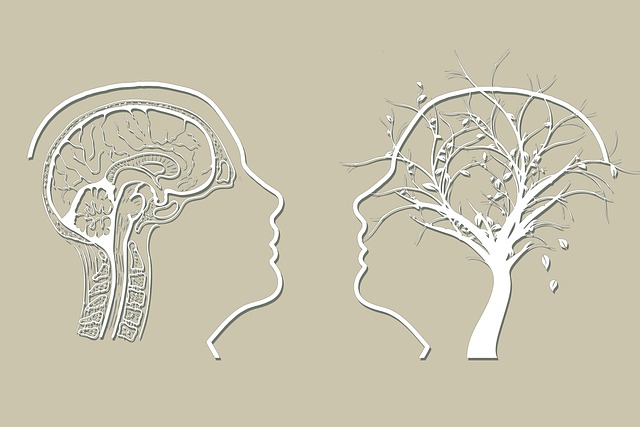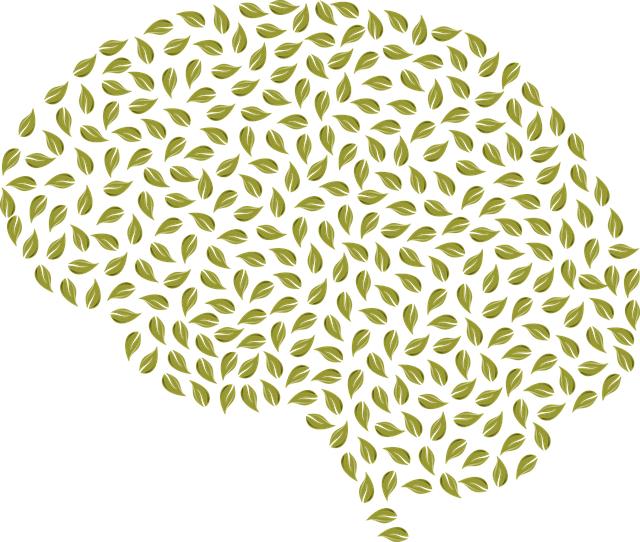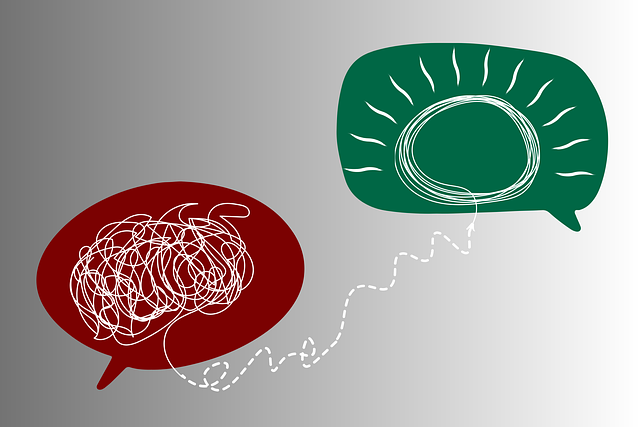Lafayette Couples Counseling Therapy offers specialized support for individuals affected by trauma, focusing on empowering couples to heal together. By creating a safe, ethical environment and using evidence-based techniques like CBT and EMDR, they facilitate open communication, build trust, and promote emotional healing. Their tailored approach, coupled with cultural competency training, ensures diverse backgrounds are respected, fostering stronger bonds and resilience in the face of trauma's challenges. Through education, self-care practices, and empathetic support, Lafayette Couples Counseling Therapy helps individuals and couples process trauma, manage symptoms, and develop coping strategies for a healthier, more fulfilling life.
Trauma, an invisible scar left by adverse experiences, impacts millions worldwide, affecting not just individuals but also their relationships. In this article, we explore trauma support services provision, focusing on the vital role of Lafayette Couples Counseling Therapy in healing and recovery. We delve into understanding trauma’s profound effects, identifying its signs, and discussing ethical considerations for a trauma-informed practice. Additionally, we highlight effective interventions and strategies to empower individuals on their journey towards resilience and restoration.
- Understanding Trauma and Its Impact on Individuals and Relationships
- The Role of Lafayette Couples Counseling Therapy in Supporting Traumatized Clients
- Identifying Signs and Symptoms of Unresolved Trauma
- Creating a Safe Space: Ethical Considerations for Trauma-Informed Practice
- Effective Interventions and Strategies for Trauma Healing and Recovery
Understanding Trauma and Its Impact on Individuals and Relationships

Trauma is a profound and complex experience that can leave lasting effects on individuals and their relationships. It’s crucial to understand that trauma isn’t just about a single, horrific event; rather, it encompasses a range of experiences that overwhelm an individual’s ability to cope or integrate their emotions. This could include accidents, violence, abuse, natural disasters, or even prolonged stress in certain environments. The impact of trauma extends beyond the person who experienced it directly—it can affect loved ones and relationships as well.
In the context of Lafayette Couples Counseling Therapy, recognizing the interconnection between individuals is key. Trauma can disrupt communication patterns, create defensive barriers, and influence a couple’s ability to support each other emotionally. Effective counseling seeks to foster self-care practices and emotional healing processes that address these challenges. By promoting anxiety relief and safe spaces for expression, therapists enable couples to rebuild trust, strengthen their bond, and navigate the aftermath of trauma together.
The Role of Lafayette Couples Counseling Therapy in Supporting Traumatized Clients

Lafayette Couples Counseling Therapy plays a pivotal role in providing support and healing to clients who have experienced trauma. This specialized service offers a safe and supportive environment where couples can process their traumatic experiences together, fostering understanding and resilience within their relationship. By integrating evidence-based therapeutic techniques with compassion cultivation practices, Lafayette Couples Counseling helps individuals develop self-care practices that are essential for managing the emotional aftermath of trauma.
Moreover, the healthcare provider cultural competency training offered by this therapy center ensures that clients from diverse backgrounds receive tailored care that respects and incorporates their unique perspectives and experiences. This holistic approach not only addresses individual needs but also strengthens the bond between partners, enabling them to navigate the complexities of trauma in a unified and compassionate manner.
Identifying Signs and Symptoms of Unresolved Trauma

Trauma can leave invisible scars that impact an individual’s daily life and relationships, which is why identifying signs and symptoms is crucial for effective support. Many people who have experienced trauma may display a range of emotional, physical, and behavioral indicators. These could include flashbacks or nightmares, avoidance of situations or people that trigger memories of the event, heightened anxiety, irritability, and difficulty regulating emotions. Often, unresolved trauma manifests in long-term mental health issues such as depression, anxiety disorders, or post-traumatic stress disorder (PTSD).
At Lafayette Couples Counseling Therapy, we recognize these signs and are committed to providing specialized care. Our therapists are trained in various evidence-based practices designed to address trauma and promote mental wellness. By integrating Mental Health Awareness and Education Programs, we empower individuals and couples to understand their experiences, process them healthily, and develop coping mechanisms for a fulfilling life. Through our tailored approach, we aim to support those affected by trauma, helping them move towards healing and growth.
Creating a Safe Space: Ethical Considerations for Trauma-Informed Practice

Creating a safe space is paramount in trauma-informed practice, and this principle extends beyond physical surroundings to ethical considerations that shape the entire therapeutic experience. At Lafayette Couples Counseling Therapy, we understand that individuals who have experienced trauma require an environment where they feel utterly secure and understood. This involves adhering to strict ethical guidelines to ensure client confidentiality, fostering a non-judgmental atmosphere, and maintaining consistent boundaries.
Ethical practices in trauma support services involve careful communication strategies, which are crucial for establishing trust. Therapists must be vigilant about their language, ensuring it is empathetic and avoids re-traumatizing the client. Encouraging clients to share their stories at their own pace, while implementing self-care routine development for better mental health, can significantly contribute to a positive therapeutic outcome. Public awareness campaigns development plays a significant role in normalizing conversations around trauma, thus breaking down barriers that prevent individuals from seeking help.
Effective Interventions and Strategies for Trauma Healing and Recovery

Effective interventions and strategies for trauma healing and recovery are essential components of any comprehensive trauma support services provision. One proven approach is Lafayette Couples Counseling Therapy, which caters to individuals and couples seeking to navigate and overcome the impacts of traumatic events. This form of therapy encourages open communication, fosters resilience building, and provides a safe space to express emotions. By integrating evidence-based techniques such as cognitive behavioral therapy (CBT) and eye movement desensitization and reprocessing (EMDR), counselors help clients process traumatic memories effectively.
Moreover, organizations can enhance trauma healing by offering stress management workshops that equip individuals with tools for coping with anxiety and stress related to traumatic experiences. Another vital component is healthcare provider cultural competency training, which ensures professionals are equipped to address trauma sensitively and effectively across diverse communities. These strategies collectively contribute to a holistic approach to trauma recovery, promoting not just healing but also lasting resilience among those affected by traumatic events.
Lafayette Couples Counseling Therapy plays a pivotal role in trauma support, offering specialized services to help clients heal from unresolved trauma. By understanding the profound impact of trauma on individuals and relationships, therapists can create safe spaces that foster healing. Ethical considerations ensure a trauma-informed practice, while effective interventions enable clients to navigate their journeys towards recovery. This comprehensive approach ensures that those affected by trauma receive the necessary support to rebuild and restore their lives.














